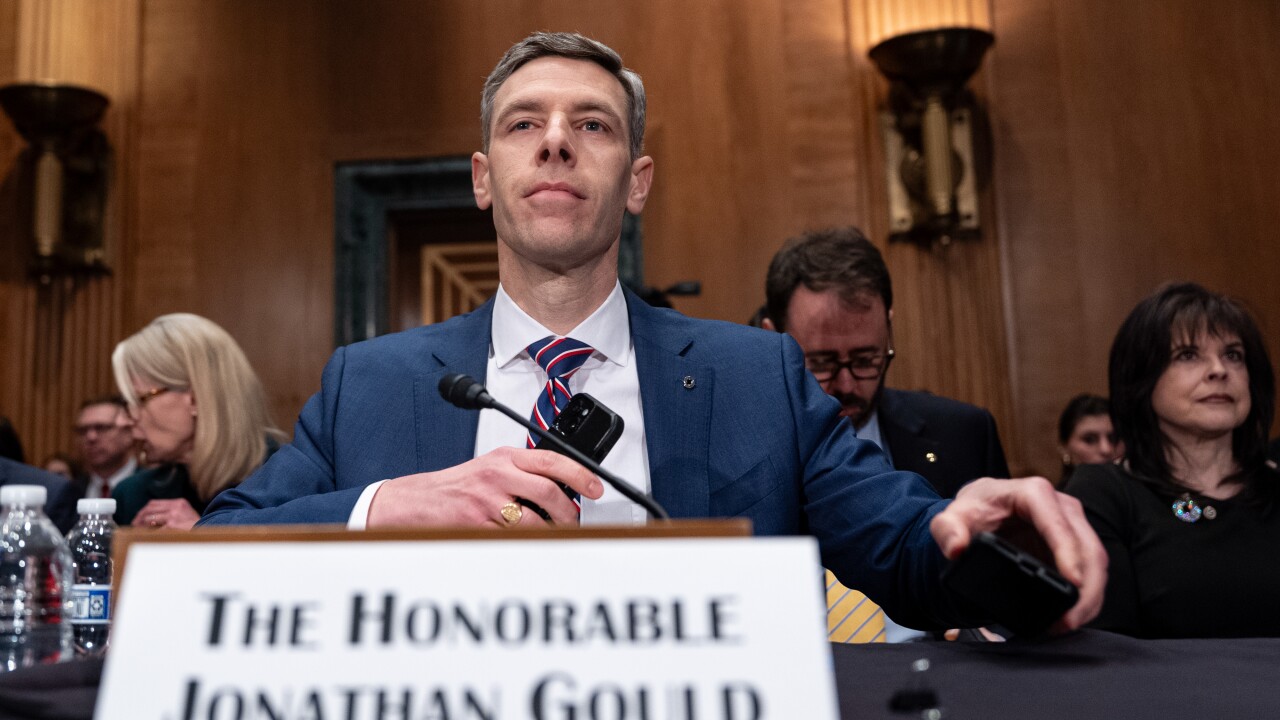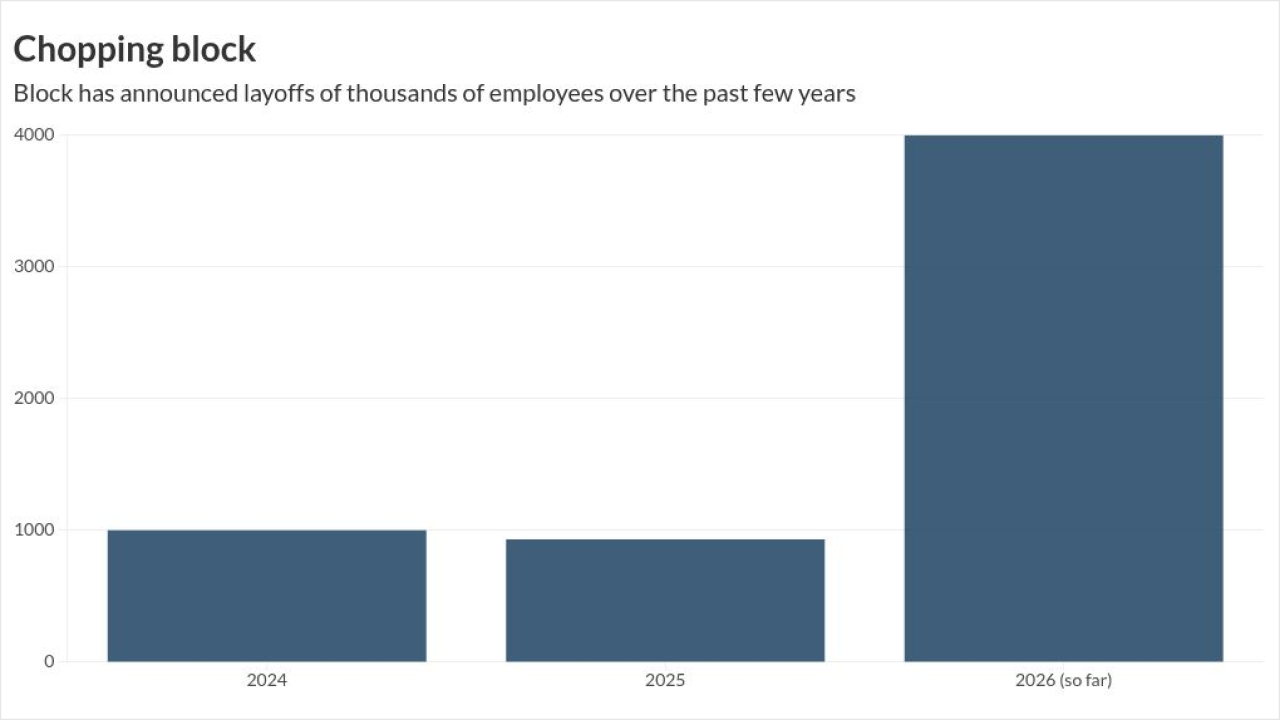
For the
These scenarios hurt workers and also propagate a broken model where others profit by extracting exorbitant fees or snaring consumers into ongoing debt traps.
But now, technology-driven innovation is changing the equation with a better deal. Earned wage access, or EWA, fulfills a basic promise to American workers: If you worked today, you should be able to get paid today. You should have control of your wages and not have to go into debt because your employer only processes payroll once or twice a month.
Earned wage access allows workers to access funds based on earned wages that have not yet been deposited into their accounts. Today, millions of Americans benefit from the flexibility EWA provides to manage their bills while waiting on a paycheck. Now, we need a regulatory framework that appropriately reflects the unique structure of EWA products and works for the families who rely on them.
Currently, California's Department of Financial Protection and Innovation (DFPI) is considering new requirements for EWA that could set the stage for future national conversations. While the DFPI's proposal includes constructive measures like a registry to bring providers into a regulatory framework, other aspects could effectively limit competition and access to EWA.
Total loans from credit unions increased by nearly 18%, driven in part by car dealerships rebuilding their inventory. Headwinds in the mortgage market also fueled interest in home equity loans.
Specifically, California is proposing to classify EWA as a loan even though several other state and federal regulators have recognized that EWA is not a form of credit. Legislatures in Missouri and Nevada recently passed comprehensive EWA legislation establishing a framework tailored to its risks and benefits and exempting EWA from lending laws. In addition, several other states recognize that lending laws are not suitable for EWA products and are considering their own EWA-specific frameworks. California's approach is out of step, and worse, a conflict in legal approaches across the states will create regulatory uncertainty and confusion and have the de facto impact of limiting product innovation and consumer choice. Instead, California should follow the path of other states and defer these policy deliberations to the legislature.
Here's why: Getting paid for the work you have already completed should not count as a loan or a line of credit. EWA stands apart from credit products because it is nonrecourse, meaning customers do not face lawsuits or debt collection; in the event of nonpayment, companies pause service until users can repay — it's as simple as that. There are no late fees, no interest rates, no evaluation of creditworthiness and no impact on a consumer's credit score with an EWA product.
According to a
What's more, survey data makes clear EWA products are popular and working well for the millions of Americans who already use them. According to a recent survey,
Take workers like Cesar, who uses EWA to tap into his wages at a grocery retailer in San Bernardino County, California, and find financial flexibility. Cesar says that earned wage access "has helped me remain in good standing with utility providers, which include my daily essentials such as water, electricity and gas." Without EWA services, Cesar says, "I [would] struggle to make ends meet, and having to pay high-interest rate loans would worsen my economic situation."
At the Financial Technology Association, we recently






